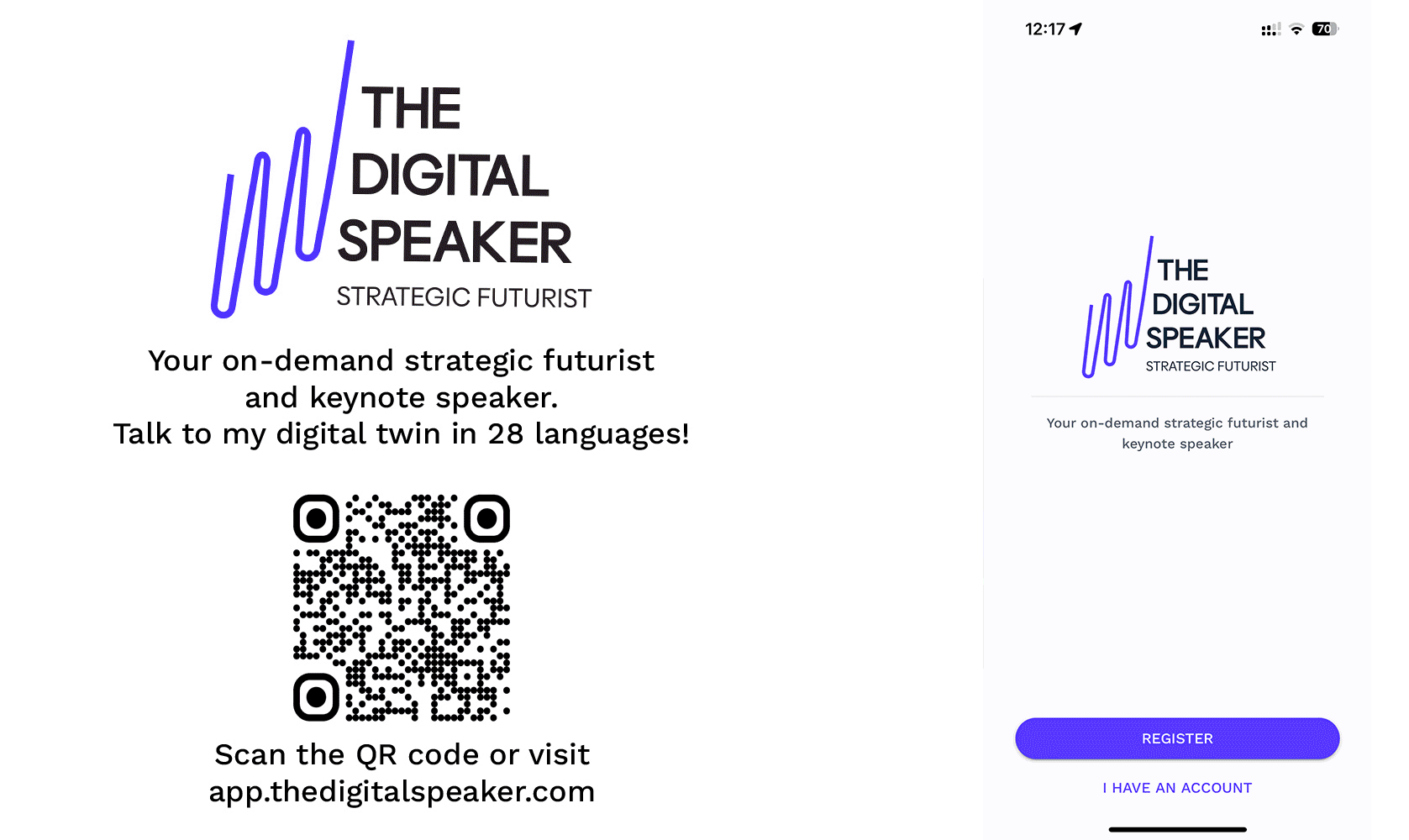Fingerprints in the Air: The Unseen Threat of Acoustic Hacking

In an era where digital security is synonymous with biometric authentication, a groundbreaking discovery has emerged, revealing a vulnerability that could transform the security landscape: the acoustic extraction of fingerprints.
Researchers have unveiled a method named PrintListener, capable of deciphering the intricate patterns of a fingerprint from the seemingly innocuous sound of a swipe on a screen. This revelation challenges the foundational trust we place in biometric security, suggesting that our own fingertips could unwittingly betray us.
Imagine this: with each swipe on your smartphone or tablet, you're not just interacting with your device; you're potentially broadcasting your unique biometric signature into the ether. The technique exploits the acoustic signatures produced by the friction between your finger and the touchscreen, a phenomenon that, until now, was just a whisper in the realm of cybersecurity. The study suggests that these acoustic signals, when captured and analyzed, could reconstruct a person's fingerprint with unsettling accuracy.
PrintListener to Listen to Your Fingerprints
The method PrintListener is a testament to the ingenuity and potential malice that lurks within the cyber realm. It represents a paradigm shift in how we perceive security, from something that is actively breached to a passive vulnerability, emanating from our daily interactions with technology. The potential applications for such a technique are as varied as they are alarming, from unauthorized access to personal devices and sensitive information to broader implications for national security.
As the digital age advances, our reliance on biometric authentication continues to grow, encapsulated in the projection that the fingerprint biometrics market could soar to $74.1 billion by 2032. Yet, this promising horizon is now shadowed by the threat of acoustic hacking, which underscores a pressing need for the cybersecurity community to innovate defences as ingenious as the attacks they aim to thwart.
For the layperson, the revelation might conjure images of a dystopian world where privacy is breached by the mere act of touching a screen. It raises profound questions about the nature of security and privacy in an interconnected world, urging a reevaluation of the technologies we trust to safeguard our most personal data.
Ensuring Our Digital Identities Remain Secure
In response to this emerging threat, it is crucial for stakeholders across the cybersecurity ecosystem to collaborate on developing countermeasures that can shield against such acoustic vulnerabilities. Whether through enhanced encryption, noise interference techniques, or completely reimagined authentication methods, the goal remains clear: to ensure that our digital identities remain as secure and inviolable as we intend them to be.
In conclusion, as we navigate this new frontier of cybersecurity, the discovery of PrintListener serves as a stark reminder of the perpetual arms race between security measures and those who seek to undermine them. It beckons a future where our security protocols are not just about what we know or have but also about what we emit, intentionally or not. Thus, the challenge ahead is not only to combat these threats but to anticipate the unimagined ones, fortifying our digital world against the echoes of intrusion that may breach the silence.
Read the full article on The Independent.
----
💡 If you enjoyed this content, be sure to download my new app for a unique experience beyond your traditional newsletter.
This is one of many short posts I share daily on my app, and you can have real-time insights, recommendations and conversations with my digital twin via text, audio or video in 28 languages! Go to my Progressive Web App at app.thedigitalspeaker.com and sign up to take our connection to the next level! 🚀






